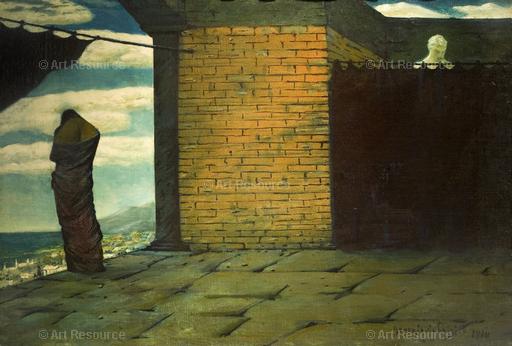Every so often someone writes to tender an oblique suggestion that I am not a true Catholic. A lapsed one maybe, a Jack Catholic, but hardly a staunch card-carrier like themselves. How else could I not bang saucepans for this pontificate? How else harbor unsmiling thoughts about Papa Francis? The correspondence goes something like this:
• Are you Catholic? [Yes.]
• Are you a practicing Catholic? [Yes.]
• Do you believe the Holy Ghost guides the Church? [Yes.]
• Well then, don’t you believe the Holy Ghost chose Francis? [No so fast.]

Straightaway, it helps to stay mindful that every pope, holy or reprobate, governs from within the Church, neither above it nor—as it sometimes seems—against it. He is not the Church itself. One can disagree with a pope’s personal slant, even dislike him for his modus operandi, without being charged with hostility toward the Church.
And, please—the Holy Spirit is not a fixer. Yes, we trust that the Spirit guides, but guidance is not domination. It is not determinative; it does not make puppets of a conclave or engineer outcomes. In light of man’s God-given freedom of will, it would be a scandal if it did. God does not dishonor His own creation.

Made in His image, we are an inventive species. Quite ingenious, the bunch of us. Since Eden we have learned how to manage guidance, retool it. We can over-ride the GPS, set it pointing where we want to go. We have a flair for rationalizing our own druthers as the will of God. It is an easy thing for clever men to parlay their innermost desires, drives, and ambitions into grand illusions of divine intent.
That white smoke from the Sistine Chapel chimney might signal choice of a God-pleaser. Or maybe not. The Spirit might smile or shrug. We are permitted to do the same.
According to Church law, papabile are forbidden to campaign for their own election. That is a polite advance on the days when a contending candidate might poison his opposition. With toxins off the table, cardinal-electors went full-throttle to canvass for their preference. John Paul II’s 1996 condemnation of lobbying was a back-handed admission of the persistence of the practice.

The papal order Universi Dominici Gregis bears analogy to the many sumptuary laws brought from England with the Puritans. The sheer number of them testified to the irrepressible love of color and finery. Puritan divines were hard pressed to maintain an orderly hierarchy of consumption. Hence, successive condemnations against satin and sable for all but a proper earl.
Just so, politicking—arguing your cause, stumping for your man—is as intrinsic a drive as love of adornment. It is also more consequential, hence more aggressively finessed. Indefatigable, it burrows under censure only to emerge refined and groomed for the fray.

No man rises to the cardinalate without a bent for bureaucratic subtleties and the crafts of diplomacy. In the lead-up to a conclave, is overt electioneering even necessary? There remain the time-honored wink and nod, the hand on the elbow, the stop-on-by-for-a glass-of-Glenfidich. There is the lending of a text or two, the have-you-seen-this-article? And, tell me now, what are your hopes for yourself, brother? Where do you see your charism headed? Where do you want to be come time to hang up the red zucchetto?
I sometimes think the Spirit takes delight in the game—even if the wrong team wins. True mirth has an astringent quality. It acts as a tonic against enfeebling sentimentality and makes us mindful that fear of the Lord precedes mercy.
Kyrie eleison.


